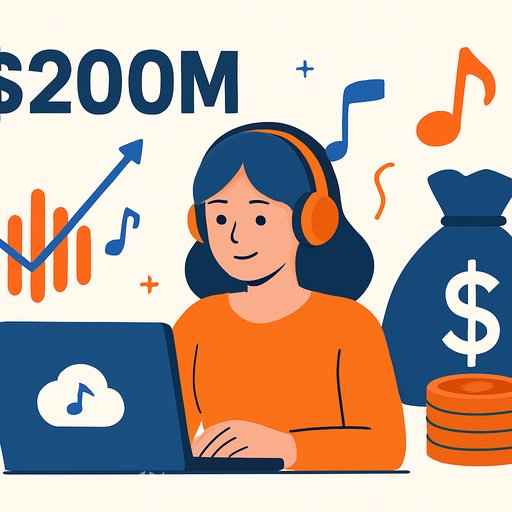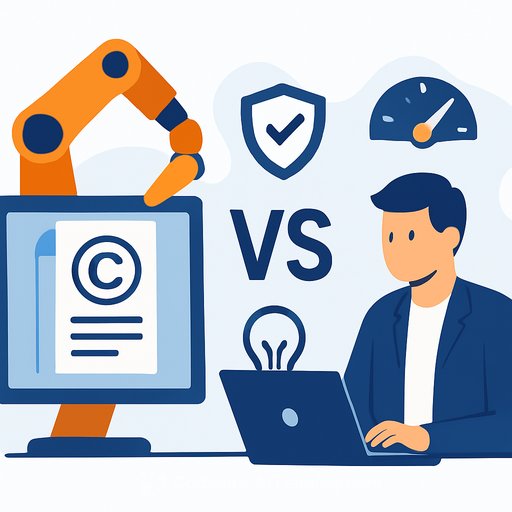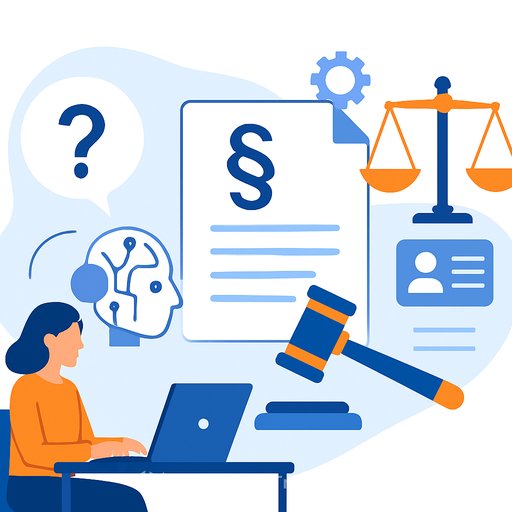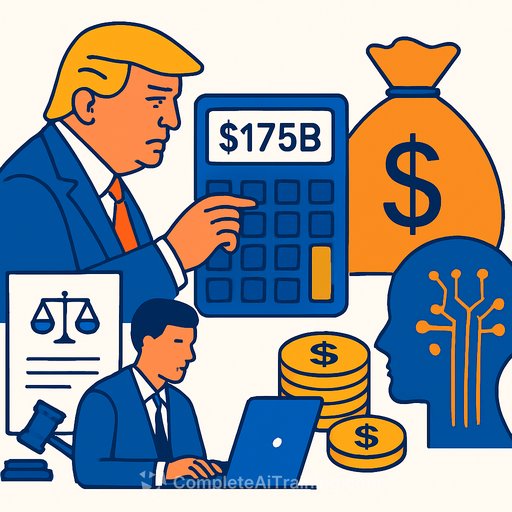Suno's $250M Round: AI Music's Legal Risks Are Now a Valuation Line Item
Suno just closed a $250 million Series C at a $2.45 billion post-money valuation. Menlo Ventures led the round with NVentures (Nvidia), Hallwood Media, Lightspeed, and Matrix joining. Suno says it's at $200 million in annual revenue, with consumer subscriptions (free, $8, and $24/month) and a commercial tier launched in September.
This follows a $125 million Series B in May 2024 at an estimated $500 million valuation, led by Lightspeed, Nat Friedman, Daniel Gross, Matrix, and Founder Collective. Growth has been fueled by word of mouth, according to investors, with users sharing songs in group chats. The pitch is simple: type a prompt, get a track.
The Legal Backdrop: Training Data Is the Fault Line
Suno is fighting a lawsuit from Sony Music Entertainment, Universal Music Group, and Warner Music Group. The claim: training on copyrighted materials scraped online without permission. In the U.S., this sits in a gray zone. Many cases end in licensing settlements, as seen with Universal's recent deal with Udio.
Pressure is global. Denmark's Koda and Germany's GEMA have challenged similar practices. GEMA recently won a case in Germany against OpenAI over training on scraped copyrighted content, signaling tighter constraints in parts of Europe. For reference, the EU's text-and-data-mining rules under the DSM Directive set a different baseline than the U.S. fair use approach.
Despite the risk, investors aren't flinching. As Menlo framed it, Suno turns listeners into creators with a click. The bet is clear: market demand arrives first; permissions get negotiated later.
What Legal Teams Should Do Now
- Demand training-data transparency: source categories, scraping policies, opt-outs honored, and any licensed datasets.
- Negotiate strong IP reps and warranties, a duty to defend, and indemnities for third-party claims (with thoughtful caps and exclusions).
- Require provenance controls: soundalike suppression, style filters, and artist-name guardrails to reduce impersonation and passing off.
- Secure usage rights to outputs in clear language (ownership, exclusivity if offered, sublicensing, and territory).
- Plan for multi-jurisdiction use: geofence if needed; align with EU text-and-data-mining rules and local collecting society requirements.
- Set retention and audit terms: training/event logs, model cards, and third-party assessments where feasible.
- Add media liability/E&O coverage and confirm vendor insurance limits and carve-outs for IP claims.
If Your Client Uses AI Music Commercially
- Confirm output rights and any restrictions tied to underlying training data or licensed catalogs.
- Build a takedown playbook: DMCA agent, repeat-infringer policy, and response timelines for platform notices.
- Review content policies for impersonation, voice cloning, and living-artist likeness; document consent where applicable.
- Pre-clear distribution: assess risks with Content ID/fingerprinting and keep stems/metadata for provenance evidence.
What to Watch Next
- Whether major-label cases against Suno settle and at what pricing (per-track, per-model, or blanket licenses).
- Regulatory divergence: U.S. fair use arguments vs. EU opt-outs and licensing frameworks.
- Collective rights activity (Koda, GEMA) and any moves toward standardized licensing or tariffs for AI training.
- How investors price legal exposure into future rounds and whether we see covenants tied to licensing progress.
Bottom line: the market for AI-generated music is here. The legal model is catching up through settlements, pressure from collecting societies, and jurisdiction-by-jurisdiction constraints. If you advise music, media, or AI clients, lock in disclosures, indemnities, and governance now-before the next release goes live.
Useful references: U.S. Copyright Office: Fair Use | EU DSM Directive (Text and Data Mining)
Want your team fluent in AI tools and risks fast? Explore role-based programs here: Complete AI Training - Courses by Job.
Your membership also unlocks:





